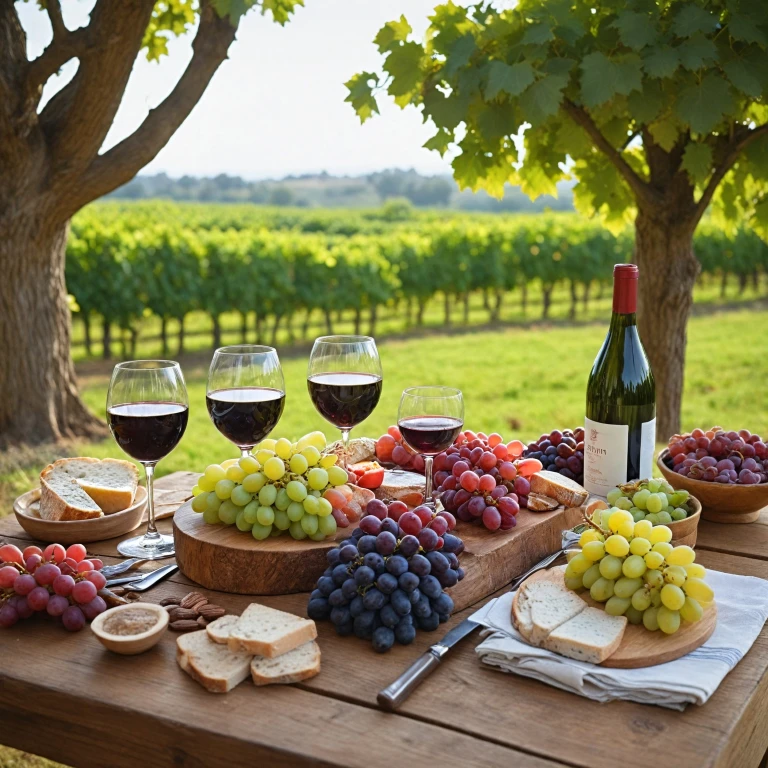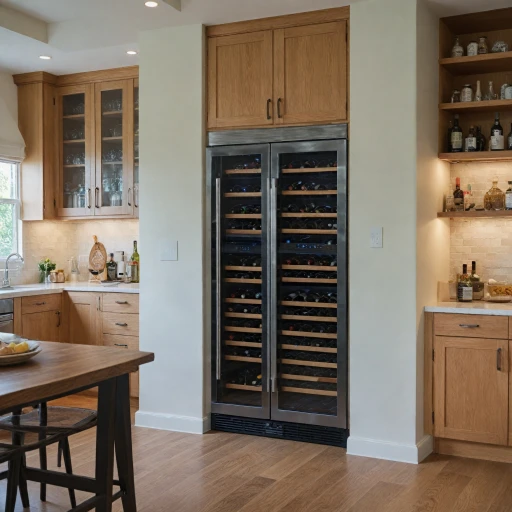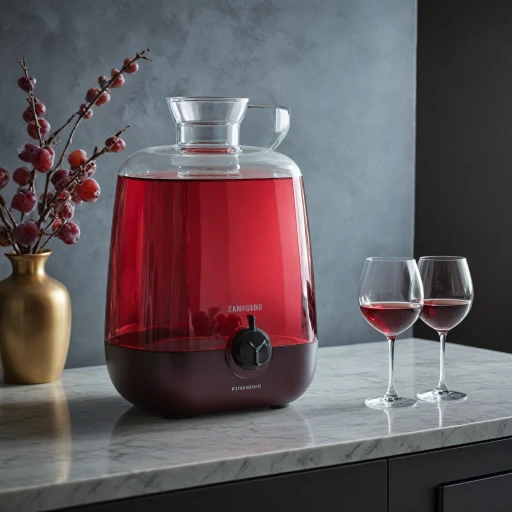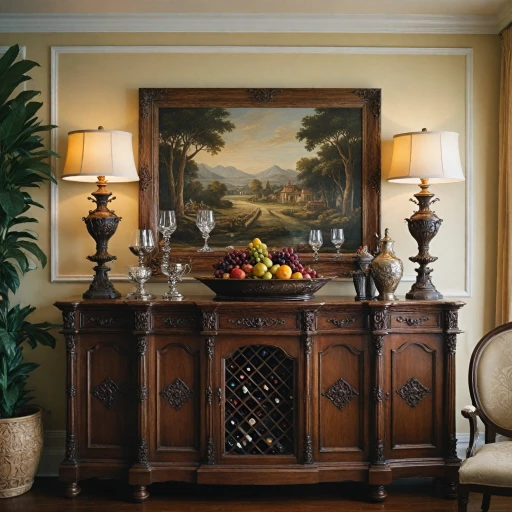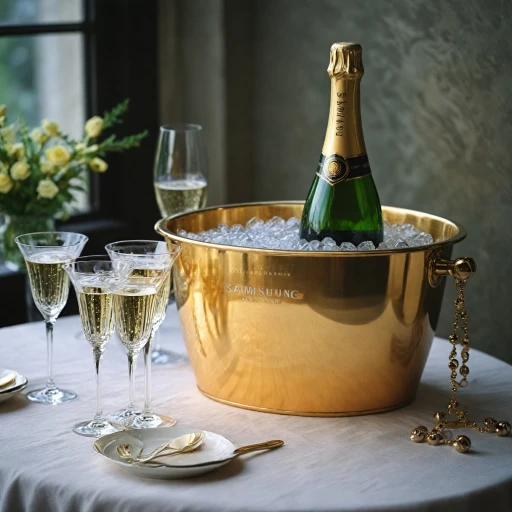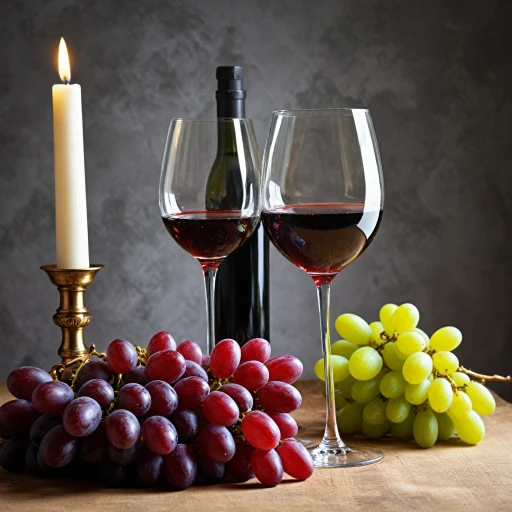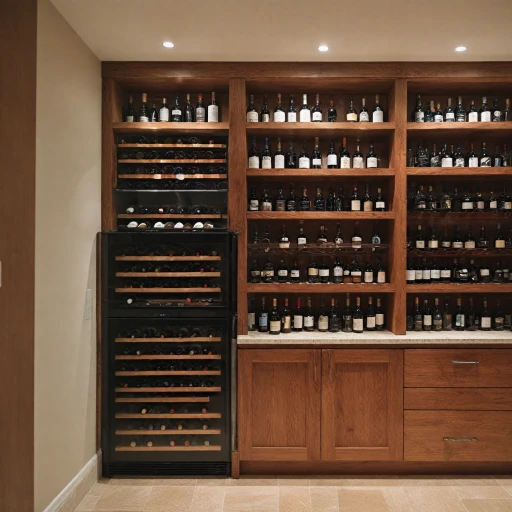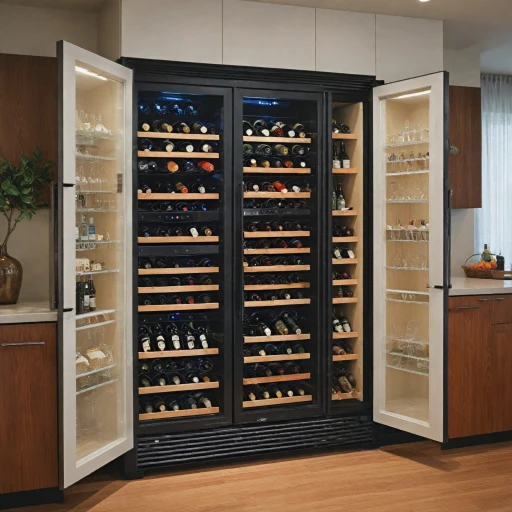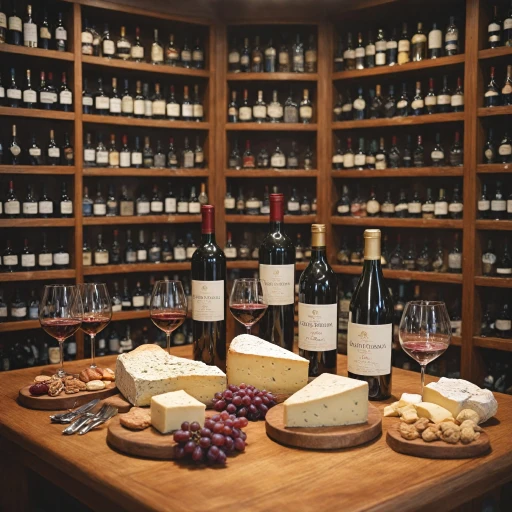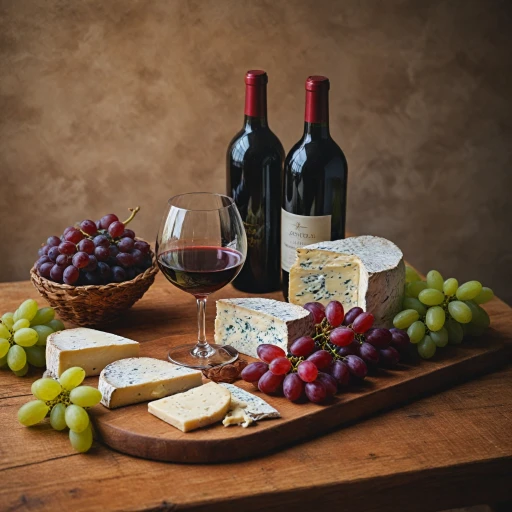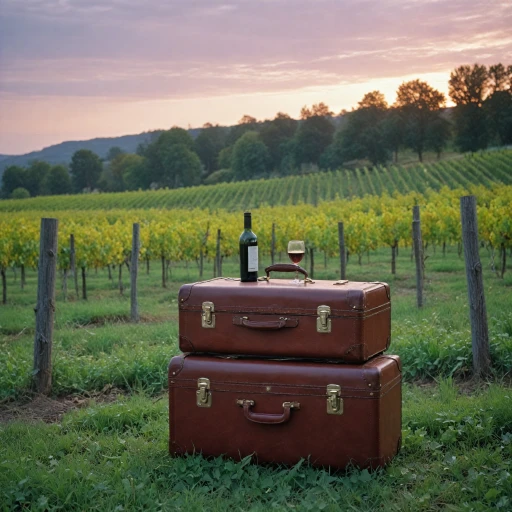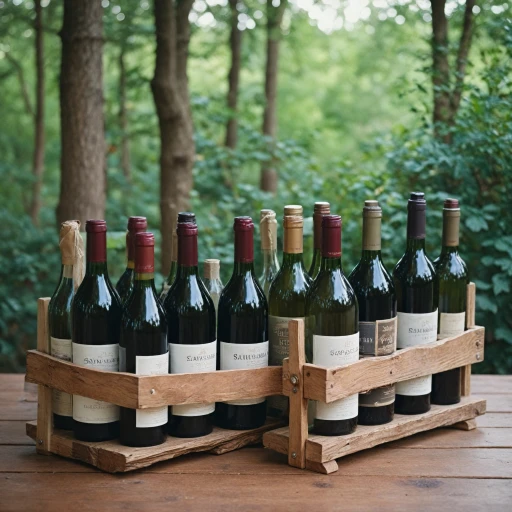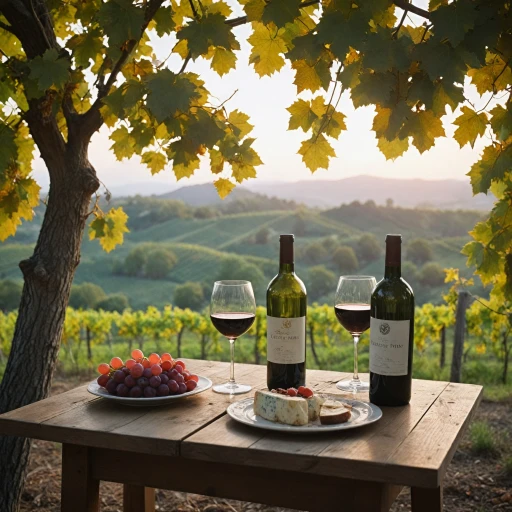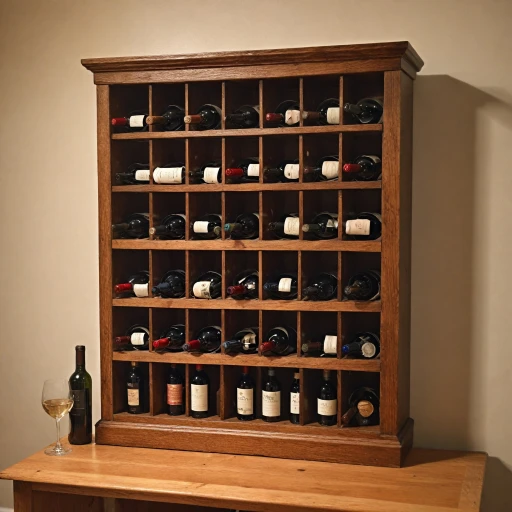
Understanding the Role of a Wine Connoisseur
Unveiling the World of Wine Enthusiasts
Understanding the role of a wine connoisseur is crucial for anyone looking to delve deeper into the fascinating world of wines. A true connoisseur is not just about enjoying a glass of red or white wine, but involves a deep appreciation and extensive knowledge about various grape varieties, wine regions, and the nuances that influence the wine’s taste. Being a connoisseur involves transitioning from simply enjoying wines to mastering the art of wine tasting, making informed decisions about pairing wine with food, and developing an understanding of the complexities that each wine bottle holds. This journey is often guided by the expertise akin to that of sommeliers, who devote time to learn and master the subtleties of wine tasting and wine service. A seasoned connoisseur will have an in-depth understanding of both red and white wines. They will recognize how different elements can shape the experience of wine tasting—something that master sommeliers excel in. From understanding how wine ages over time to knowing the importance of storage solutions and the anatomy of a wine glass, there are many layers that form the foundation of a wine connoisseur’s knowledge base. The path to becoming a connoisseur is a continuous learning arc where expanding your wine knowledge is essential. Investing in resources, such as exploring the essentials of a wine tasting kit, can significantly enhance your journey in experiencing and appreciating wines at a connoisseur level. Engaging with the wine community can also unveil insights and techniques that enrich your appreciation, allowing you to serve wine with finesse akin to that of a sommelier. To master the art of wine appreciation is to embrace the lifelong commitment to learning and savoring each glass, uncovering diverse tasting notes, and appreciating the meticulous journey involved in bringing every bottle from vineyard to table.The Importance of Wine Storage
Preserving Your Wines like a Pro
Understanding the importance of wine storage is a vital aspect of wine appreciation. Wine connoisseurs and sommeliers know that maintaining the right conditions is crucial in preserving the taste and quality of both red and white wines. Without proper storage, even the finest wines can lose their unique flavors and aromas over time. For those looking to deepen their wine knowledge, learning how to serve wine at its optimal temperature is a fundamental step. Red wines generally require a warmer environment compared to white wines. The temperature affects the wine's chemical composition, impacting the overall tasting experience. Moreover, exposure to light, vibrations, and humidity can tremendously affect wine, causing it to age prematurely. To avoid this, enthusiasts often seek to master their storage techniques by investing in quality wine coolers or even a wine cellar. For those seeking to expand their understanding of wine service, selecting the appropriate storage solution is essential for maintaining wine's integrity. Connoisseurs suggest that to truly master wine appreciation, one should familiarize themselves with the different wine spirit kinds and grape varieties that might be more sensitive to specific storage conditions. This knowledge not only enhances one's tasting experience but also elevates their level of appreciation when pairing wine with food. For additional guidance on how to store and preserve your wines, consider checking out this essential guide that offers insights into choosing the right accessories for your wine collection. This will help you fill your glass with the perfect taste every time, allowing you to enjoy your wines at their best.Choosing the Right Wine Cooler
Selecting the Ideal Enclosure for Optimal Preservation
Choosing the right wine cooler is a significant step for anyone eager to master wine appreciation. This decision directly impacts how well your wines maintain their qualities over time. Proper storage isn't just about keeping your wines cool. It also involves controlling humidity and minimizing light exposure to ensure each sip is the authentic expression of its grape variety. Wine connoisseurs and master sommeliers recognize that temperature control is crucial for preserving both red and white wines. When considering a wine cooler, choose an option that lets you set the specific temperature that best suits your collection. For instance, red wine often requires a slightly higher storage temperature compared to whites. When selecting a cooler, many wine connoisseurs prefer models that optimize space and versatility. Consider exploring the benefits of a spacious wine fridge to accommodate various types of wines, ranging from elegant reds to refreshing whites. This feature is particularly crucial as your collection grows and diversifies. The involvement of a professional sommelier can also help elevate your choice. Wine sommeliers have extensive knowledge of diverse wine regions and their unique needs. Leveraging this expertise provides insight into the selection of a cooler that aligns with your taste preferences and storage conditions. Another consideration is the level of noise generated by the cooler. A quieter operation ensures your wine-tasting experience, and that of your guests, remains undisturbed. Indeed, as you elevate your knowledge of wine service, understanding the nuances of each wine’s preferred environment becomes imperative. In your journey to becoming a connoisseur sommelier, remember that every detail matters—from the glass you choose to how you serve wine. By ensuring ideal storage conditions in your wine cooler, you’ll enhance your tasting experience and preserve the essence of every bottle you treasure.Wine Tasting Techniques
Refining Your Palate
Wine tasting is an art that requires patience and practice. As a wine connoisseur, the journey to mastering this skill involves understanding the nuances of different wines. Whether you're savoring a robust red or a crisp white, each tasting experience is an opportunity to expand your wine knowledge.
The Five S's of Wine Tasting
- See: Begin by observing the wine's color and clarity. A wine's appearance can reveal much about its age and grape varieties.
- Swirl: Gently swirling the wine in your glass releases its aromas, enhancing your tasting experience.
- Sniff: Take a moment to inhale the wine's bouquet. This step is crucial for identifying the wine's distinct aromas.
- Sip: Allow the wine to coat your palate, noting its flavors and texture. This is where your taste buds will detect the wine's complexity.
- Savor: Reflect on the wine's finish and how its flavors evolve over time.
Enhancing Your Tasting Skills
To elevate your wine tasting skills, consider attending tastings hosted by master sommeliers or joining a wine club. These experiences provide valuable insights into wine regions and grape varieties, enriching your knowledge wine.
Pairing Wine with Food
Understanding how to pair wine with food is an essential skill for any connoisseur sommelier. The right pairing can enhance both the wine and the dish, creating a harmonious dining experience. Experiment with different combinations to discover what works best for your palate.
Remember, the journey to becoming a wine connoisseur is a continuous one. Each tasting is an opportunity to learn and refine your skills, bringing you closer to mastering the art of wine appreciation.
Pairing Wine with Food
Art and Science of Pairing
Pairing wine with food is akin to crafting a symphony of flavors that enhances the overall dining experience. A true connoisseur will tell you that understanding this art is pivotal for anyone aspiring to be a sommelier or wine connoisseur. The delicate balance between wine and food can elevate your tasting session to a level where both elements complement each other beautifully. When you master the pairing of wine with food, the flavors meld, enhancing the taste of both the wine and the dish. Here’s a quick guide to get you started on this culinary journey:- Red Wine: With its tannin-rich profile, red wine pairs well with hearty, red meat dishes. The robust taste balances the richness of meats like beef or lamb.
- White Wine: This pairs excellently with lighter fare such as chicken, seafood, and dishes with cream-based sauces. The crisp, refreshing acidity of white wine is a perfect match for these foods.
- Dessert Wines: Sweet wines find an ideal partner in desserts, offering a harmonious sweet ending to your meal.
Refining Your Sommelier Skills
Elevate your wine experience by refining your palate through regular tastings and learning from experienced sommeliers. As you engage in wine tasting events, you’ll uncover the regional distinctions in wine, the nuances of grape varieties, and how these influence the taste. A sommelier's greatest tools are their senses. Pay attention to the aroma, observe the wine's color in the glass, and savor the flavors. This practice not only refines your taste but deepens your wine knowledge. Understanding the varying characteristics of wines from different wine regions allows you to master the sophisticated dance of flavor combinations. This journey enhances your role as a wine connoisseur and elevates your wine time endeavors to new heights.Engage with Your Community
Engage with fellow enthusiasts and wine connoisseurs to broaden your knowledge wine base. By exchanging experiences and insights, you open avenues for fresh discoveries and refine your wine service techniques. Immersing oneself in local wine clubs or events can greatly expand your horizon, offering you a deeper dive into the dynamic world of wines, hence enriching your connoisseur wine credentials. Participating in tastings and discussions with other wine lovers only hones your skills further, leading to a more fulfilling experience and appreciation for this timeless beverage. Remember, pairing wines with food is not just about following rules, but also about creativity, experimentation, and what brings you joy. Cheers to the exquisite journey of wine and food harmony!Expanding Your Wine Knowledge
Delving Deeper into Wine Culture
For those who have embarked on their wine-tasting journey, the expansive world of wine offers endless opportunities to expand your vinous knowledge. As an aspiring wine connoisseur, dedicating time to explore different wine regions will enrich your understanding. Delving into the history and culture around each type of grape variety exposes you to varied styles and preferences. The intricacies of red, white, and even wine spirits demand careful attention to detail.
Engaging in Wine Discussions
Engage with seasoned sommeliers and wine professionals to gather insights on the complexities of wine tasting. Discussions with a connoisseur sommelier or participating in wine forums can provide firsthand stories and experiences that online articles may not fully capture. Master sommeliers and their knowledge are invaluable; understanding their approach elevates one's own experience.
Enrolling in Wine Courses
Consider enrolling in a wine course to systematically build your expertise. Institutions offering certification in wine studies, such as the Court of Master Sommeliers or WSET, provide structured learning platforms that detail wine styles, characteristics, and proper wine service. This formal approach solidifies your foundational wine knowledge and dives into advanced levels.
Reading and Researching
Books, articles, and journals are rich sources of knowledge where you can learn about various grape varieties, wine regions, and the history of the wine industry. Reading up on wine enthusiasts and real-world experiences helps bridge the gap between educational knowledge and practical application.

